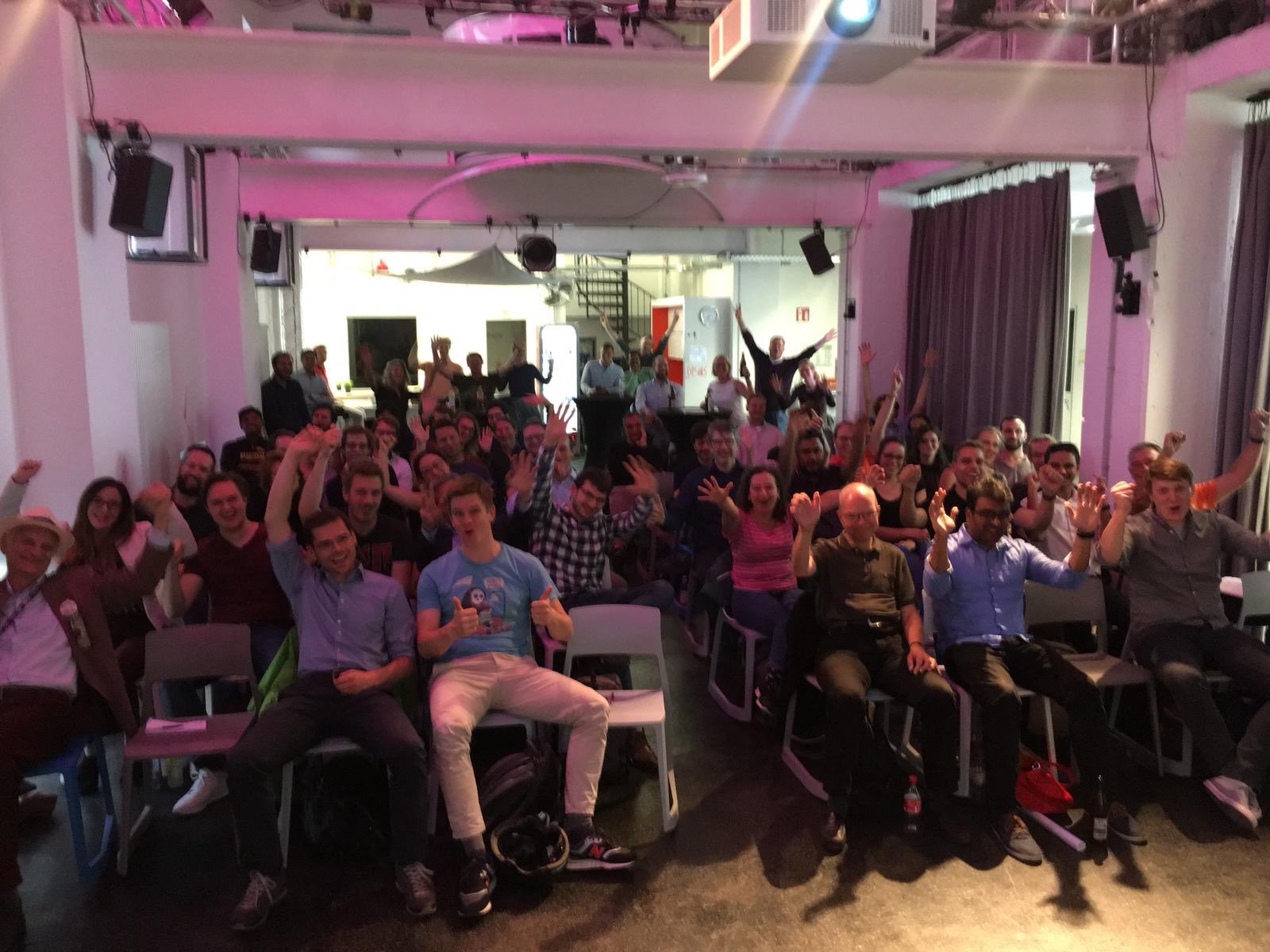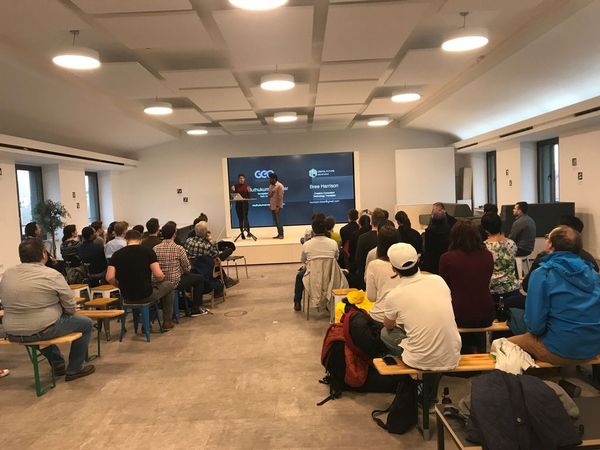Turn on suggestions
Auto-suggest helps you quickly narrow down your search results by suggesting possible matches as you type.
Cancel
GeoDev Germany Blog
Turn on suggestions
Auto-suggest helps you quickly narrow down your search results by suggesting possible matches as you type.
- Home
- :
- All Communities
- :
- Worldwide
- :
- GeoDev Germany
- :
- GeoDev Germany Blog
Options
- Mark all as New
- Mark all as Read
- Float this item to the top
- Subscribe to This Board
- Bookmark
- Subscribe to RSS Feed
Subscribe to This Board
Other Boards in This Place
12
169.6K
312
GeoDev Germany Questions
7
102.4K
13
GeoDev Germany Documents
8
4.2K
4
GeoDev Germany Videos
7
20.2K
23
Showing articles with label Events.
Show all articles
Latest Activity
(312 Posts)
Esri Regular Contributor
03-29-2021
01:03 AM
0
0
1,023
Esri Regular Contributor
09-16-2019
04:46 AM
2
0
1,211
Esri Regular Contributor
07-25-2019
08:13 AM
0
0
949
Esri Regular Contributor
04-16-2019
05:18 AM
0
0
1,041
Occasional Contributor II
10-02-2018
12:04 AM
0
0
599
12 Subscribers
Popular Articles
Are You New to GTFS Data? Here's Everything You Need to Know
SidoniaIlie
Esri Contributor
9 Kudos
0 Comments
Pimp Your Portal
MatthiasMeiler
Esri Contributor
7 Kudos
0 Comments
Schlaues Kartografieren mit Niklas
NiklasKöhn
Esri Contributor
7 Kudos
0 Comments



